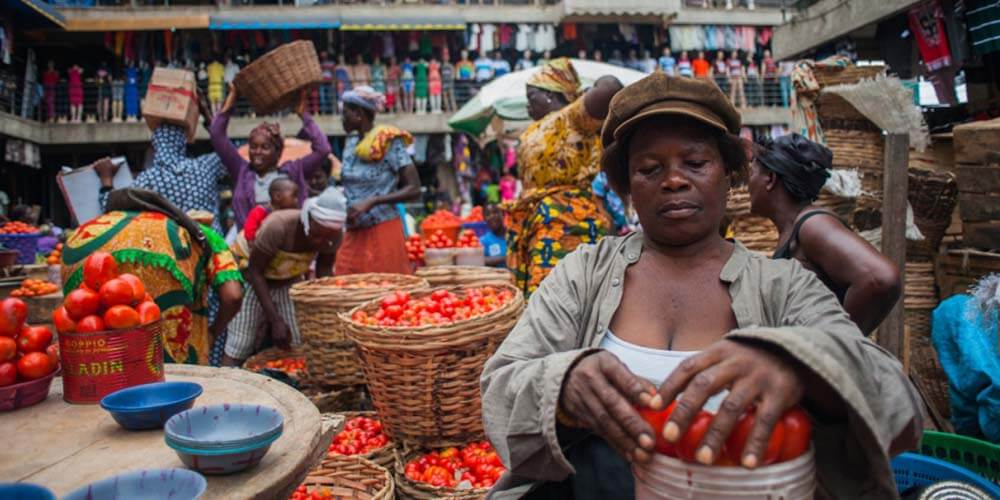The Akufo-Addo-led government is being urged to be thorough, honest and transparent about the state of Ghana’s economy as it begins its negotiations with the International Monetary Fund (IMF).
This would help the country get the best deals from the Bretton Wood institution.
Many have suggested that in the government’s bid to hide its inefficiencies, inadequacies and incompetence, the true picture of Ghana’s economy has been hidden. This is not expected to continue as the government seeks support from the IMF.
Dr. Michael Adongo Ayamga, a Development Economist shared these concerns when he spoke on A1 Radio’s Day Break Upper East Show.
“Government needs to be very honest with the IMF. We have been very shady with our debt burden and our internal revenue. We have not even been clear about the financing of some governmental interventions. These things have been shady and the data is not clear cut.”
“The only way you can get the best from the doctor is if you tell the doctor what is wrong with you. My advice to the government is that it needs to come clean on the true state of the economy. Things are worse than it has been presented on paper,” he said.
Amid protests over spiralling prices and the rising cost of living, the government of Ghanaian President Nana Akufo-Addo has reneged on its pledge not to borrow from the IMF after hitting the wall with its domestic economic recovery plan.
On 1 July President Akufo-Addo announced that he has instructed Finance Minister Ken Ofori-Atta to open negotiations for a programme.
“The engagements with the IMF will seek to provide a balance of payment as part of a broader effort to quicken Ghana’s build back in the face of challenges induced by the Covid-19 pandemic and, recently, the Russia-Ukraine crises,” a government statement said.
Until now, the government had ruled out the option of an IMF programme, settling for a homegrown economic recovery plan that included the introduction of a 1.5% tax on electronic financial transactions (E-levy) which sparked widespread protests.
Source: A1radioonline.com|101.1MHz|Mark Kwasi Ahumah Smith|Ghana


